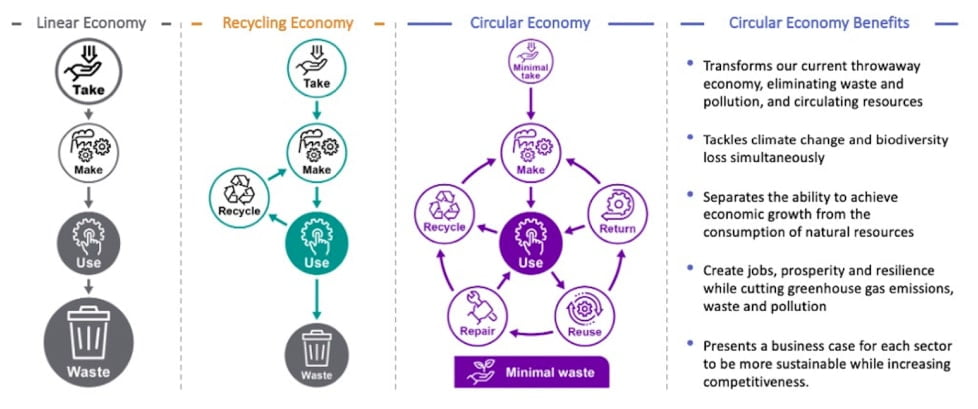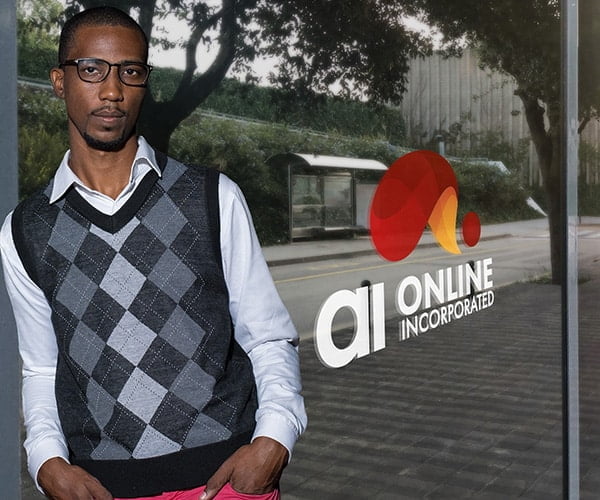
A circular economy reduces material use, redesigns materials, products, and services to be less resource intensive, and recaptures “waste” as a resource to manufacture new materials and products.
The United Nations’ International Resource Panel concluded that natural resource extraction and processing contribute to about half of all global greenhouse gas emissions. Work on a circular economy is an important part of slowing climate change. We must take action to address the climate crisis, and material recovery has an important role to play.
The circular economy, when designed in a thoughtful and inclusive manner, has the potential to protect the environment, improve economics, and elevate social justice. Sustainability from its foundation requires social equity. How we extract, use, and dispose of our resources can affect already vulnerable communities disproportionately
This program seeks to:
Participants in the program will be engaged in:

